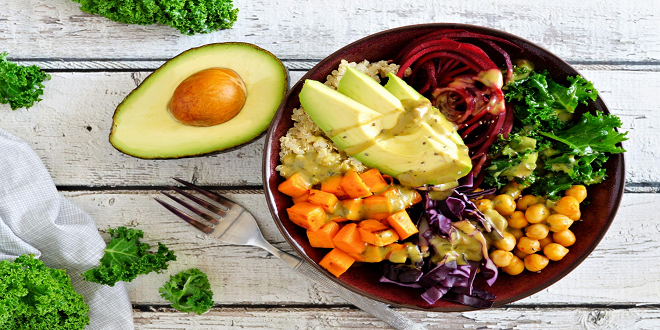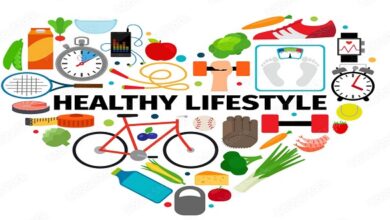
Even though saturated fat has been exonerated as the cause of heart disease it once seemed to be, that does not mean you should go crazy with it. I don’t believe you should be eating limitless amounts. We’re still working out precisely how much-saturated fat is “healthy,” though the latest wisdom suggests that it’s fairly neutral. It’s not harmful, but it’s not necessarily healthy food. One big caveat: When combined with sugar or refined carbs (what I call “sweet fat”), it is deadly. You hear a lot of advice these days to eat meat and butter “in moderation.” But what exactly does “moderation” mean? For that, we need more research. In the meantime, don’t be afraid to toss a little grass-fed butter into your pasture-raised organic eggs. And don’t feel guilty about ordering the grass-fed steak instead of the halibut the next time you dine out.
It’s More Than Protein and Muscle
Animal foods are our only source of vitamin B12, which is essential for life itself. Meat also provides vitamin E, vitamin D, and other B vitamins. It contains enzymes that we need to access nutrients, essential amino acids, and cancer-fighting antioxidants like beta-carotene (which our bodies convert into vitamin A), lutein, and zeaxanthin. Meat contains minerals such as zinc, selenium, magnesium, sodium, and potassium. And it also contains iron, which is particularly important for women, a great many of whom are anemic due to menstruation.
It’s true, as vegans point out, that all these minerals (and even protein) are available in vegetables and legumes, and other foods. But our bodies’ internal systems have to work to convert them into a form we can use, whereas nutrients in meat are much more bioavailable. A clinical study in the American Journal of Clinical Nutrition found, for example, that people assigned to follow diets that include beef, poultry, pork, and fish gain more muscle and lean body mass than people who are put on vegetarian diets consisting of plants, dairy, eggs, and grains.
Stop Worrying About Bacon Causing Cancer
If you’re like most people, you probably saw the terrifying news in late 2015. “Processed Meats Rank Alongside Smoking as Cancer Causes,” blared a headline in the Guardian. “Bacon, Hot Dogs as Bad as Cigarettes,” read another. These headlines were referring to a World Health Organization (WHO) report that concluded that eating processed meats like bacon, ham, deli meat, and sausages raised the risk of colon cancer by 20 percent.
Here’s why. The report found that the effects of red meat per se on our health were not conclusive. And while it did link processed meats to cancer, the effect was relatively small. The 20 percent increase referred to the relative risk of cancer, not the absolute risk. The average person has a fairly low likelihood of developing colon cancer in his or her lifetime: roughly a 5 percent risk.
We Are What Our Meat Eats
You’ve probably heard the old saying that you are what you eat, right? Well, that’s false. You are what your food eats! That’s scary because all of our worst fears about how modern, industrialized animals are fed and treated are essentially true—in fact, the truth might be even worse than you imagine. Factory-farmed animals are fed cheap, mass-produced grains because it fattens them quickly at a low cost. That means they’re eating GMOs and pesticides.
Why Grass-Fed Meat Is Best
It’s hard to deny all the problems with factory farming. It damages the environment with the widespread use of fossil fuels for fertilizers and agricultural chemicals. It drains and pollutes local water supplies, releases toxic chemicals into the atmosphere, and contributes to climate change. It relies on the rampant use of antibiotics in animal feed to promote bigger and fatter animals that are more resistant to the diseases that spread easily in crowded, clustered pens and holding cages. And it involves the unimaginably cruel and horrendous treatment of animals.
Last word
But there is yet another reason to frown upon factory farming: It results in less nutritious meat. The alternative to factory-farmed meat— grass-fed meat—is not just better for the environment and better for the animals, but better for you, too. Grass-fed meat is so nutritionally superior to factory-farmed meat that it is practically a different food. Visit Naa Songs to find out more information





